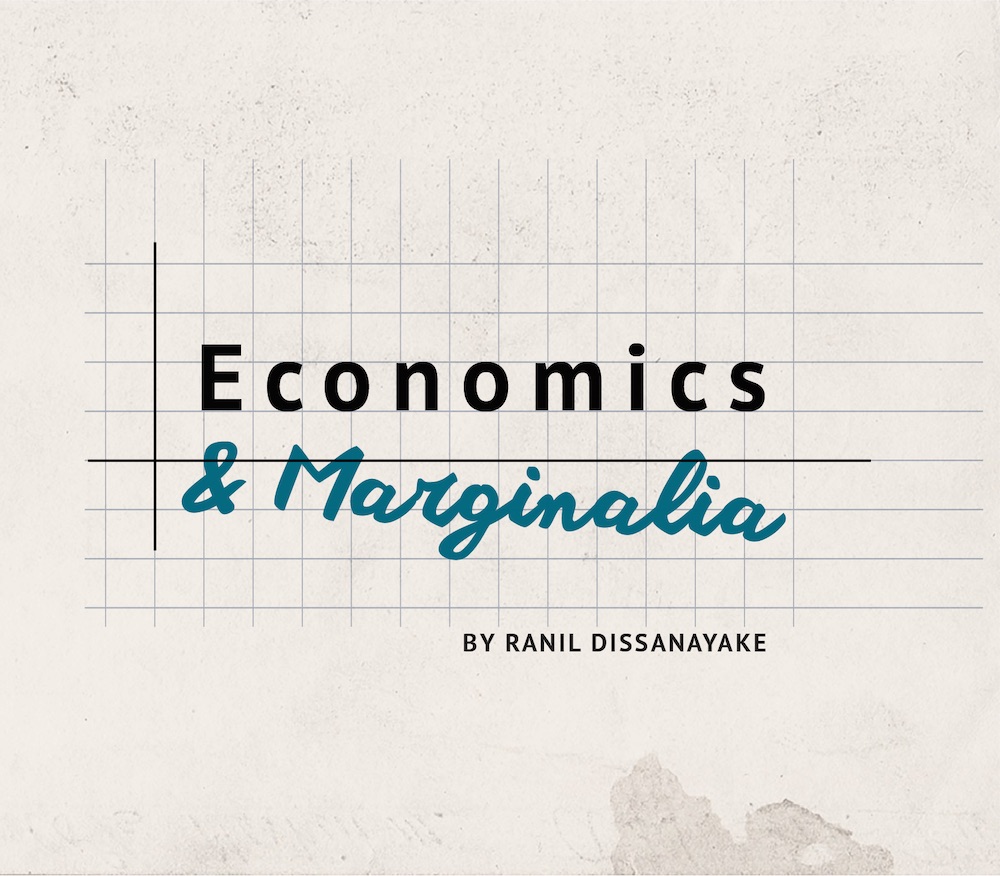Recommended
Hi all,
The CGD London offices occupy a set of rooms just a stone’s throw of Parliament, not that anyone would be advised to throw that stone, however much they may be tempted. It’s a good vantage point: close enough to observe, but not so close as for the grime to rub off. This week, a senior MP was sanctioned for, basically, getting tanked and groping some of his colleagues (his name is Pincher, so nominative determinism adds another feather to its bow). Incredibly this is probably not the most lurid revelation about Parliamentary behaviour this week; between these stories, the tractors and the parties, the whole place resembles a 1980s college movie more than a serious system of government (though, of course, Blutarsky does go on to become a Senator). The full absurdity of the situation is captured particularly well in this tweet. John Bright called England ‘the mother of parliaments’; I think some of her children need a little discipline. Though yes, I’m secretly grateful for distractions from the worst batting performance that a Sri Lankan side have put on in Galle in living memory).
- To be fair to Sri Lanka, though, there are more pressing matters at hand. Sri Lanka is suffering through a profound economic crisis; and like so many crises we suffer through, it’s largely self-inflicted. This visual explainer does a decent job of explaining its genesis (and, incidentally, puts the extent and manner of Chinese lending in Sri Lanka into proper perspective). But it does little to express the human cost of this kind of crisis, nor the damage it does to the polity that its architects can cling so stubbornly to power. My wife is Argentine, between us our roots are deep with economic mismanagement.
- Speaking of suffering: Tatyana Deryugina has collected a Hall of Infamy of bad reviewer comments, with some truly atrocious, abusive comments among them (she also, helpfully, suggests how not to be a bad reviewer). I’ve often been puzzled by this habit of academic reviewers; it betrays a huge immaturity on the part of the reviewer, like they read Dorothy Parker and came away with nothing but the insults. Good criticism requires both deep engagement and an ability to communicate without alienation. Peer reviewers are not restaurant critics: their job is not just to warn customers (in this case the Editor) away from a restaurant (here, the paper; I know the analogy isn’t perfect—help me improve it). They are also supposed to be improving the entire ecosystem of research. Reviewing isn’t service to the journal, it’s service to the profession. But being snarky and unpleasant isn’t usually a good way to teach. It’s all a bit pathetic.
- A wonderful short essay by Branko Milanovic about the links and differences between Marx and Keynes, drawing on the arguments of Joan Robinson. I particularly liked the insight that more than political ideology, it’s a treatment of time—in particular the horizon over which their analysis was supposed to explain, diagnose and help respond to economic phenomena—which separates them. As a teenager and in my early 20s, Marx and Keynes were my main economic influences (and I still hold that both were absolutely superb analysts of systemic aspects of the economy, which are much less discussed now), but this way of connecting them didn’t occur to me. Also notable is the detail that Branko spent a great deal of time being taught by Abba Lerner, another great economist. And since you should almost certainly read more Joan Robinson and more about Joan Robinson, here’s the JEP piece by Carolina Alves on her engagement with Marxism that Branko links to early on himself.
- Via Lee’s twitter, Slate Star Codex/Astral Codex Ten’s wide-ranging links for June. Lots of stuff here I didn’t see and that will go into the landfill that is my reading list.
- I liked this very much from Andrew Gelman: the idea that before a fraud is revealed, there is a brief moment when everyone feels better off: the fraudster is richer, the victim thinks they will be richer, or that they’ve acquired some wonderful artefact. Breaking that bubble is an unpopular act, even if it serves some idea of truth that scientists should (in theory) be committed to. Gelman links this to his own role (and of course that of many other colleagues) in popping the bubble of a lot of unsound science.
- Maheshwor Shrestha’s VoxDev piece on migration from Nepal is very good: a clear description of trends and how they follow changes in ‘push’ and ‘pull’ factors, and how they differentially affect different people.
- Lastly, it’s been an incredibly grim few weeks politically around the world (there must have been good news somewhere, too: please do send me any happy stories about politics working to good outcomes somewhere). Though about another grim political trend, this from LitHub is easily the best and most apt headline of the week. It’s not quite as punny as some of these gems, (or these, from the Grauniad, giving their subs flowers for a change), but sometimes the best headline is just angry.
Have a great weekend, everyone!
R
Disclaimer
CGD blog posts reflect the views of the authors, drawing on prior research and experience in their areas of expertise. CGD is a nonpartisan, independent organization and does not take institutional positions.




